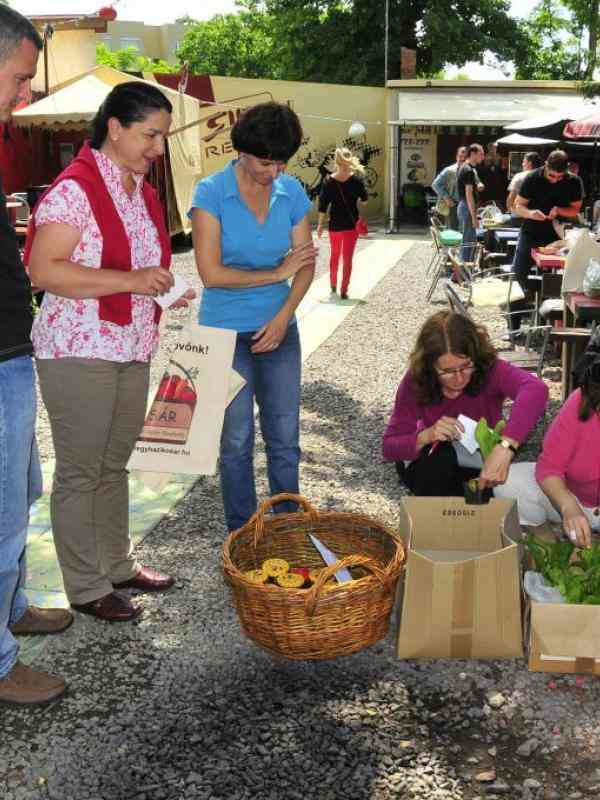One of the goals of the ASHOKA Hungary Ecosystem program is to give space to Hungarian actors to get to know each other, think together and establish long-term collaborations within the Hungarian agro-ecosystem.
The focus of the project was on social enterprise organizations working in the field of climate-intelligent agriculture as well as on organizations working in the field of sustainable food.
We want to mobilize organizations operating in the Hungarian agro-ecosystem and to promote their projects in partnership.
After a successful online event at the end of September, we announced a mini-tender for which six applications were received. The jury decided to support two of these projects:

Helyben a Jövőnk Egyesület [Our Future is Localised Here Association]
The Helyben a Jövőnk Egyesület is working in partnership with the Mindenegyüttmegy Egyesület [All-In-One Association] to create and develop a decentralized but well-organized domestic shopping community network.
Their main goal is to reform the structure of food production and consumption based on environmentally conscious, local actors. We want to help their networking by combining the different experiences of the three partner organizations, adding expertise and making optimal use of their capacities.
The amount of support is EUR 3000.
Kislépték Egyesület [Short Scale Association]
The Kislépték Egyesület – in partnership with the Mecsek-Valley-Mountain Association and the Baranya Gastronomy Association, applied for support to carry out a honey-sommelier experiment, and a unique event, the Tasting Experiment, that was held in early December.
The aim of the experiment was, on the one hand, to put honey in a situation similar to wine, both economically and touristically, in order to give beekeepers and experts the place it deserves. This would also require honey producers to have a recognized name, similar to winemakers.

